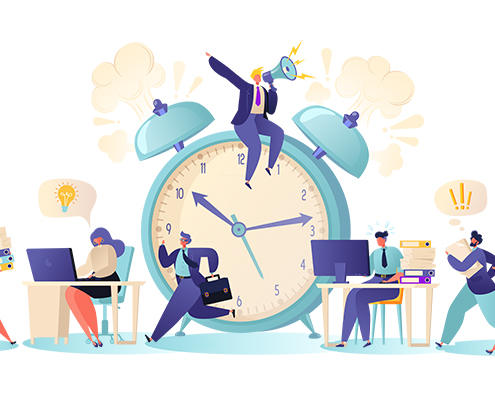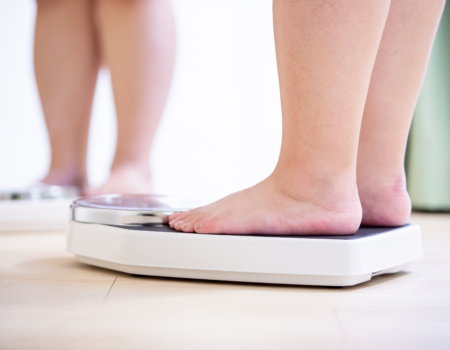Navigating Stress During the Pandemic

How are you REALLY feeling? Over the past several weeks, many of our clients have reported feeling more stressed than usual. These unprecedented times have sparked a widespread feeling of uncertainty which ultimately contributes to feeling stressed. The lack of medical knowledge, the fear of contracting the virus, the adjustment to working from home, financial concerns, social isolation and not knowing when or how the phased approach will work have all contributed to an increase in our daily stress.
Everyone responds differently to the daily disruptions brought on by the pandemic. If you’re feeling stressed or anxious, it’s important to know that you are not alone. Stress can manifest in various ways and your reaction may look different than the people around you. You may feel easily irritated, have low energy or notice a decrease in your attention span. You might feel lonely, negative, or confused. You may develop headaches or an upset stomach. You might even feel the constant need to snack (learn more about strategies for emotional eating here).
Despite how your body reacts to stress, reducing it matters. Long term, persistent stress can sabotage your good health and interfere with the internal chemistry of the body. As a health coach, I often discuss how stress signals the body to release a hormone called cortisol which can lead to increased appetite and potential weight gain. Stress can also interfere with immune function, leaving us at higher risk for developing illnesses including the virus. That’s right, worrying about Covid-19 can actually make us more vulnerable to catching it. Developing a range of coping skills will help minimize our reaction to stressful situations and ultimately protect us from the long-term effects stress.
5 ways to navigate stress during the pandemic:
- Reframe your thinking in a positive way. The pandemic itself makes it easier for negative thoughts to flood our minds. For example, it may feel stressful and irritating to constantly be surrounded by family when you typically work in an office environment. Consider the time spent at home as an opportunity to bond and grow closer with loved ones versus an annoyance. Stress can cause us to automatically see the negative side of a situation and ignore the positive. By reframing our thought patterns, we can change our reaction and reduce stress.
- Maintain a balanced lifestyle. Taking care of your body supports mental clarity, emotional regulation and energy levels. Maintain healthy habits by eating well and staying hydrated. Avoid known triggers for anxiety including sugar, caffeine, and alcohol. Stay active by going for a long walk, stretching, or taking a virtual exercise class!
- Prioritize emotional self-care. Practice your personal brand of self-care – take a bath, practice mindfulness, read a book, spend time alone, binge watch your favorite TV show, sing or dance like nobody’s watching.
- Stay connected. Social connection is extremely important for mental health. Loneliness may lead to anxiety and emotional stress. Physical isolation does not mean emotional isolation! Stay connected to loved ones through FaceTime. As things start to open back up, arrange socially distanced meet ups with friends! Schedule social connection into your work from home routine by opting for Zoom meetings instead of phone calls with your team.
- Move at your own pace: As life begins to phase back to normal, some of us are more comfortable than others. Whether you’re ready to venture out or need more time at home, it’s okay. No matter where you fall on the spectrum, you’re not alone. Give yourself the time you need to feel comfortable.
*Cōpare Coaches are not licensed psychologists, psychiatrists, or therapists. Mental health – and taking care of it – is as important as physical health, and the two are intertwined. We encourage clients to seek professional help and resources when needed.



